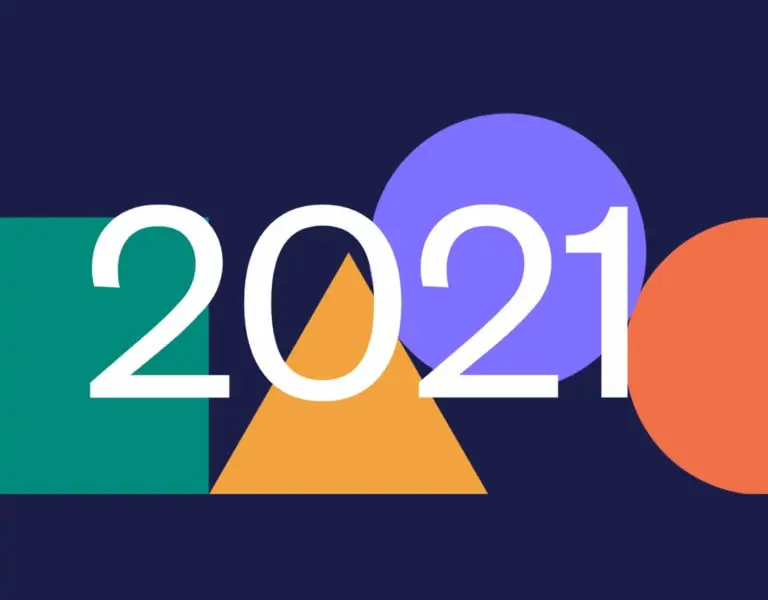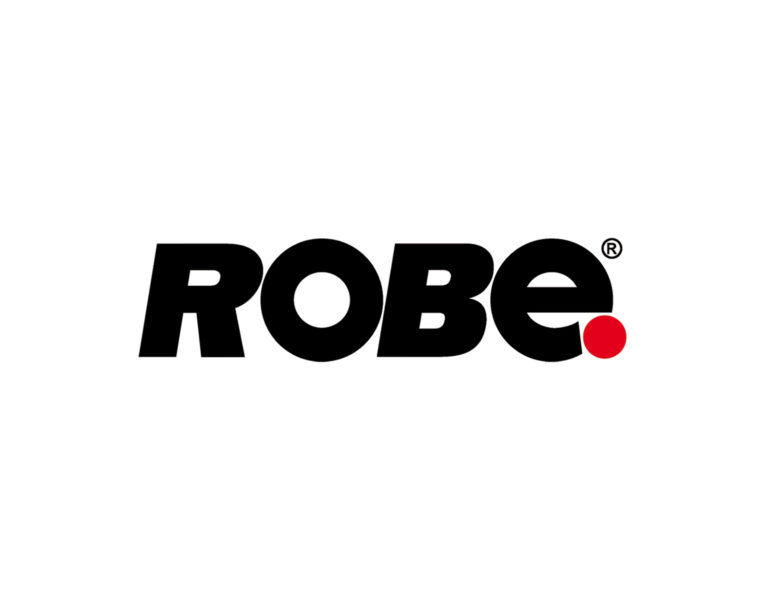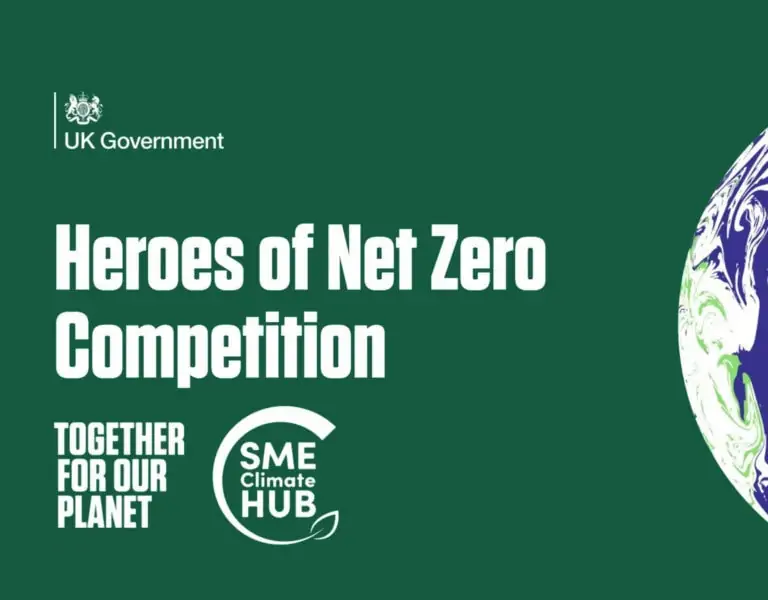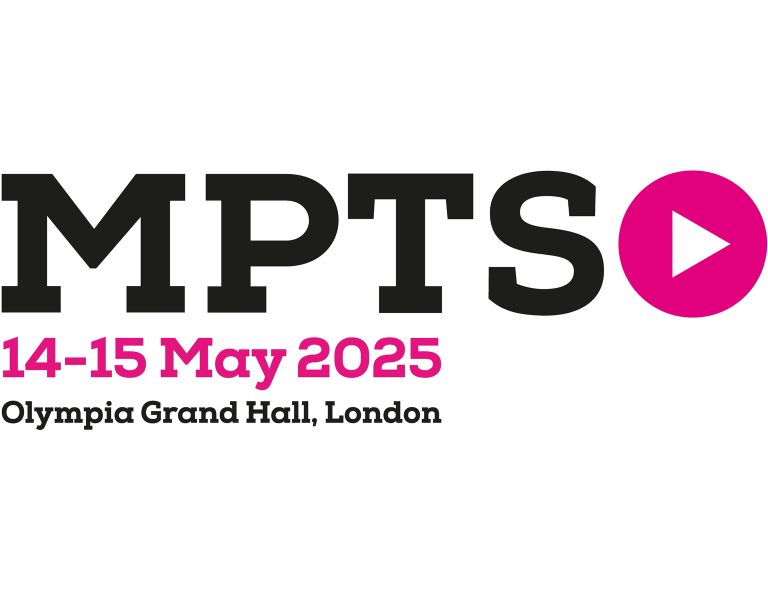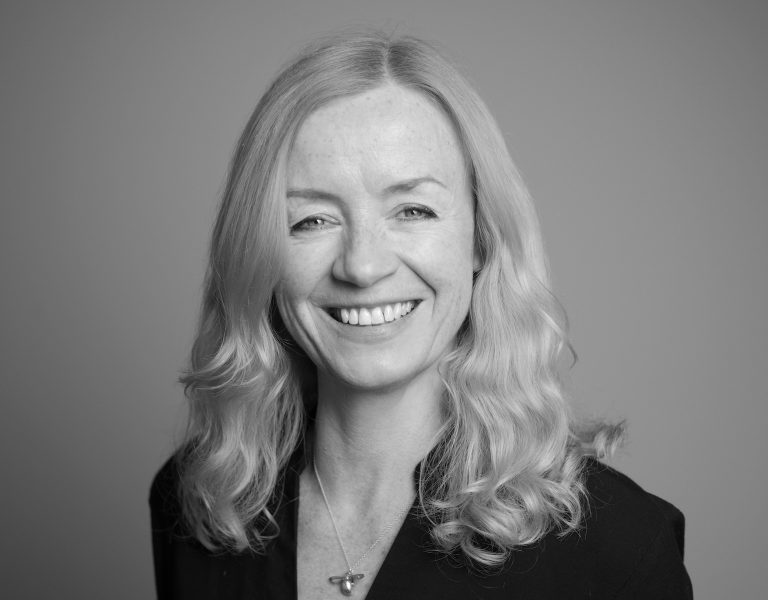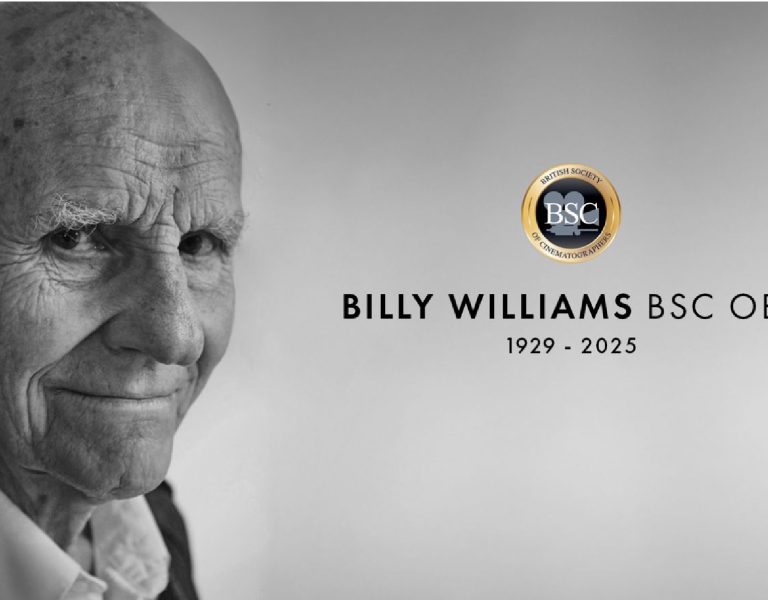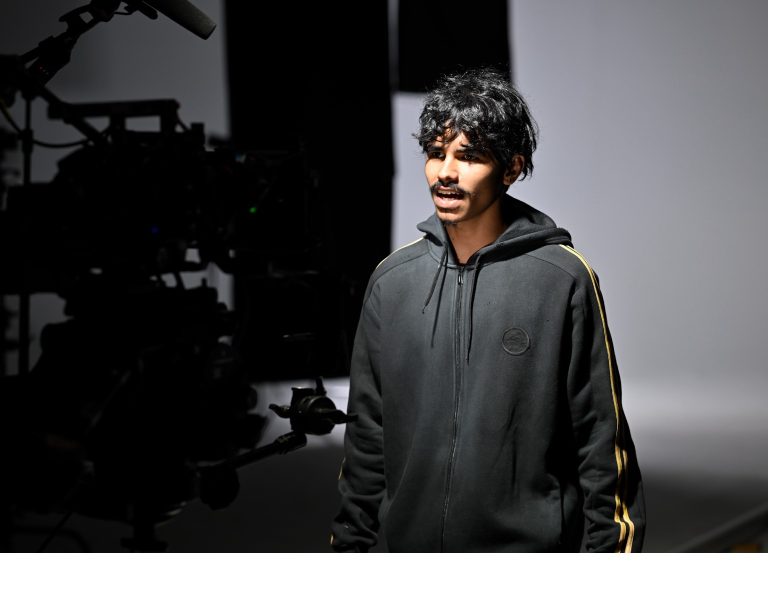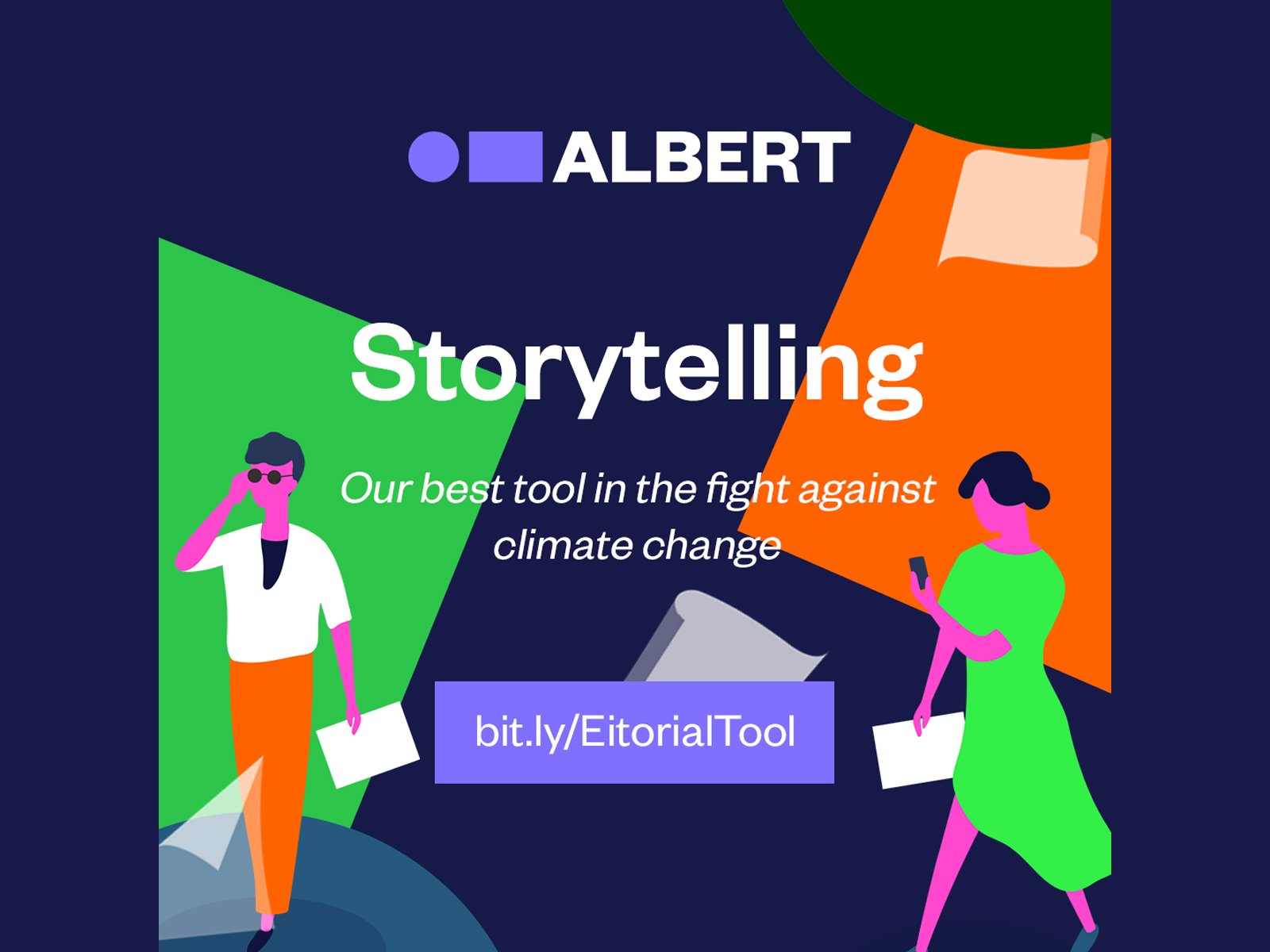
albert has unveiled a new tool to help those working in editorial in TV and film to consider new ways to bring climate storytelling into their programmes.
The tool, which is housed on the albert website, allows users to choose their programme’s genre before answering a series of questions which then indicate how ‘planet friendly’ their programme is. Throughout their journey, users are also presented with inspirational case studies, reports and impact study findings to further inform their programme ideas.
Carys Taylor, director of albert said: “Our industry’s biggest opportunity to tackle the climate crisis is through the content we share on screen. Not only can we support audiences to navigate this complex issue but we can explore themes and subjects which are more relevant to audiences than ever.
“We know audiences want this and for content creators and broadcasters to be relevant they’ll need to consider how their stories are impacted by the issue of all issues. This tool helps them to do that. Whether it’s a storyline about a career change, a home improvement show or sports coverage – climate stories can touch us all.”
The tool has been created to support the industry, following the announcement of the Climate Content Pledge. Launched at COP26, the pledge was signed by the CEOs of 12 broadcasters and streamers in the UK and Ireland who committed to doing more and better climate storytelling on screen. Alongside the tool, albert offers free editorial training to anyone in the industry and an annual ‘Subtitles To Save The World’ report, which uses subtitling data from the UK’s broadcasters to better understand the prominence of climate change – and related subjects – on our screens.
Impact studies and case studies show how TV programmes have the power to create change in real life. The most recent series of Succession featured a storyline with someone giving a portion of their money away to Greenpeace in their will. In real life this led to tenfold surge in traffic to Greenpeace’s legacy page. A study on Love Island and its former fast fashion sponsors revealed that online searches of ‘marble dress’ and ‘hot pink co-ord’ increased by 127% and 114% respectively following the winning contestant wearing these items on the show. This year, the broadcaster ITV has announced a partnership with Ebay to promote pre-loved clothing.
The most recent IPCC report highlighted the importance of climate storytelling in society’s global response to the climate crisis noting that ‘reading climate stories has been shown to cause short-term influences on attitudes towards climate change, increasing the belief that climate change is human caused and increasing its issue priority’.1
A study by Sky and the Behavourial Insights team2 found that 80% of people across Europe support the idea of broadcasters using content and advertising to encourage people to adopt more environmentally positive behaviours, however only 16% said they currently knew what they needed to do to act sustainability.
The tool is free to use and available now here.
